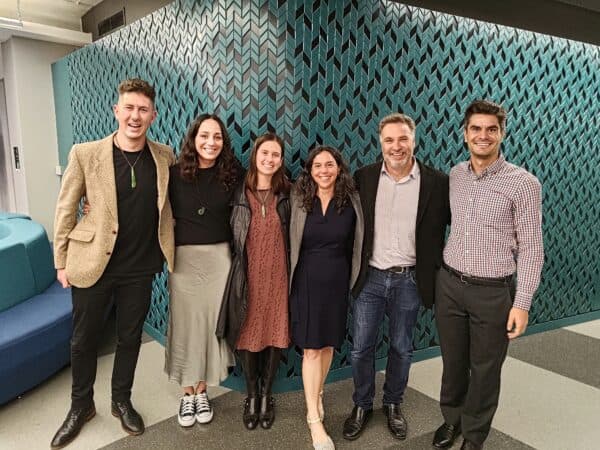Maria Bargh
Victoria University of Wellington
This investment tackles the ways in which governance and policy need to change to better protect te taiao (the environment).
At the moment, there are many core issues with regional and national governance and policies that fail to protect, and sometimes directly endanger, the wellbeing of our biodiversity and the integrity of our biosecurity system.
The people closest to nature currently find it difficult to get their knowledge and values recognised. They are often not included or resourced to participate in strategic, local or national decisions that would make a difference to biological heritage. This is particularly the case for mana whenua who, as kaitiaki, are often involved with bioheritage protection and advocacy for the environment.
The Adaptive Governance & Policy team aims to ‘break the mould’ and build new systems, policies and capability that will provide much greater protection to our bioheritage. This includes embracing Treaty relationships with Māori and investigating the many opportunities for the environment that can arise when government engages in co-design of policy and co-governance of natural resources. The team will study what does and doesn’t work in Aotearoa when it comes to redistributing authority, decision-making abilities and responsibility.
The main highlight from this research programme is Me Tū ā-Uru: for a flourishing and abundant environment.

Me Tū-ā-Uru is an action plan created to address the inter-related crises we all face, such as climate change, biodiversity decline, poverty and homelessness. The vision guiding this action plan is:
A flourishing and abundant taiao that sustains and nurtures all people of Aotearoa. Tangata whenua and tangata Tiriti valuing, being informed by, and in good relationships with Papatūānuku, and each other.
Recommendations within the report specifically target the governance of te taiao, but many can also be applied to other aspects of life. They are grouped under four themes: Whanaungatanga (relationships); Utu (balance and reciprocity); Mātauranga (knowledge and ways of seeing); and Mana and Rangatiratanga (authority with care).
You can follow our mahi on LinkedIn and Facebook, or click the logo to read the full action plan and see our official website: